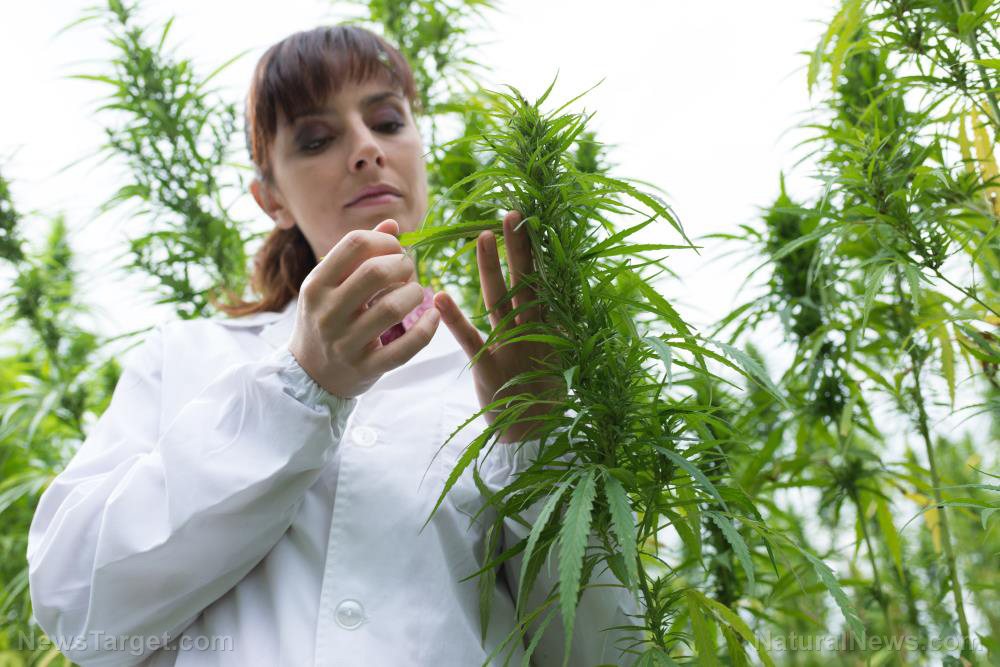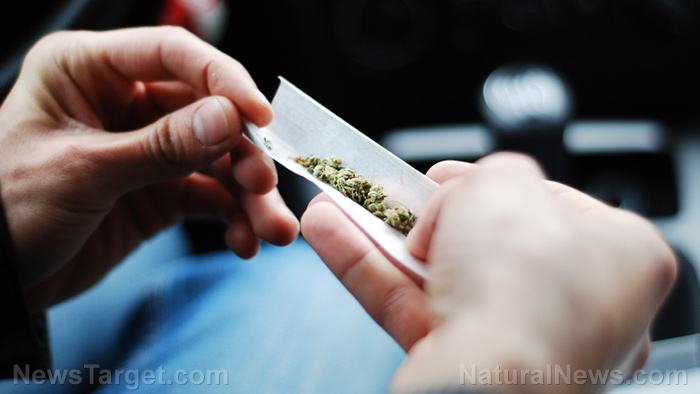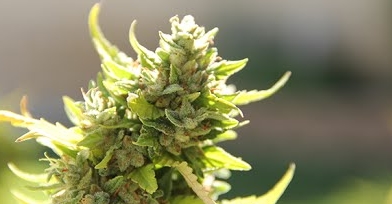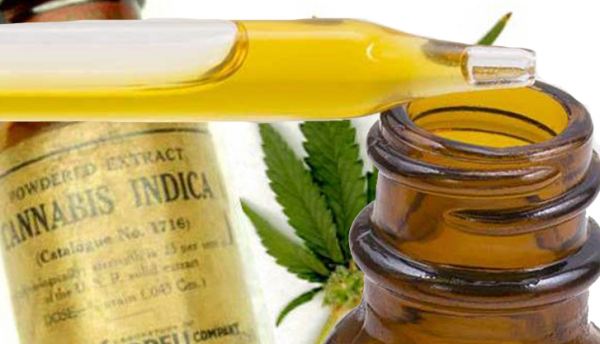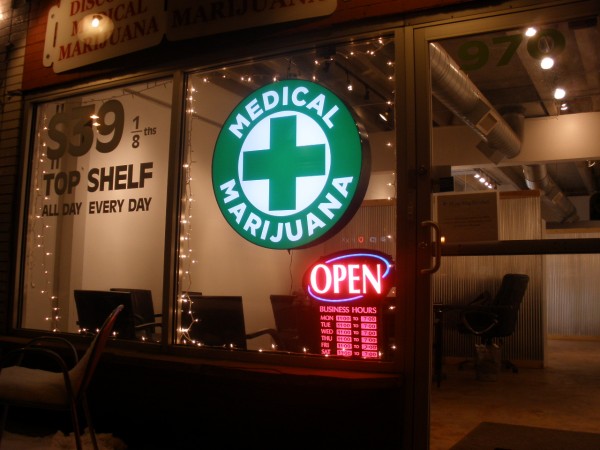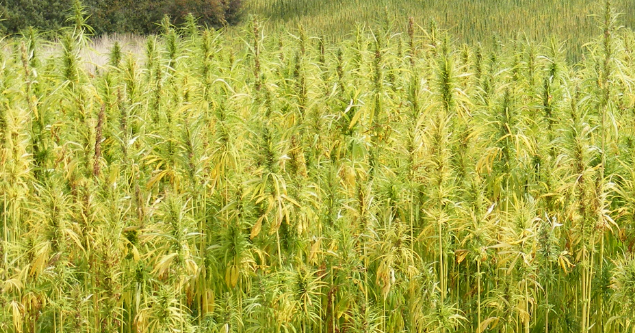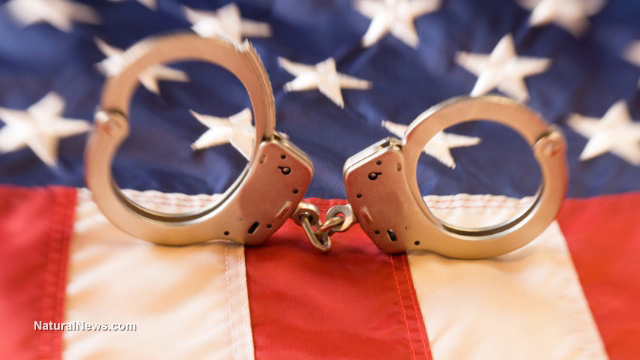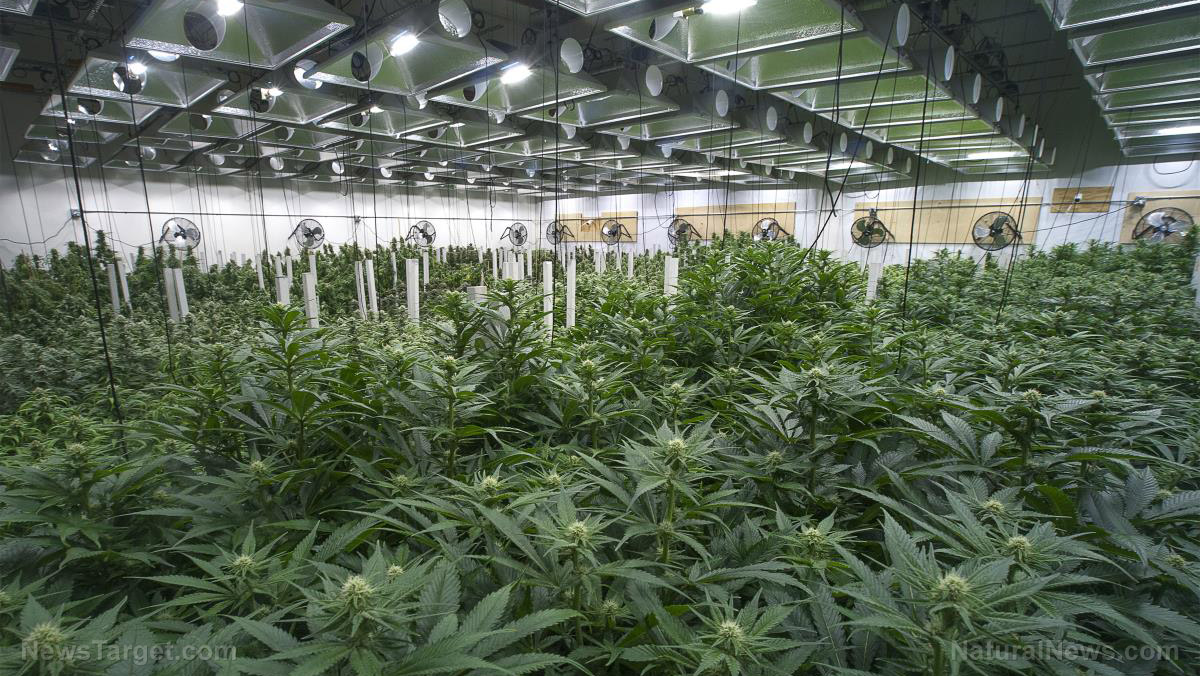The DEA Still Refuses To Acknowledge Medical Marijuana. As A Cancer Survivor, I Disagree.
10/17/2016 / By medicalmarijuanaupdate
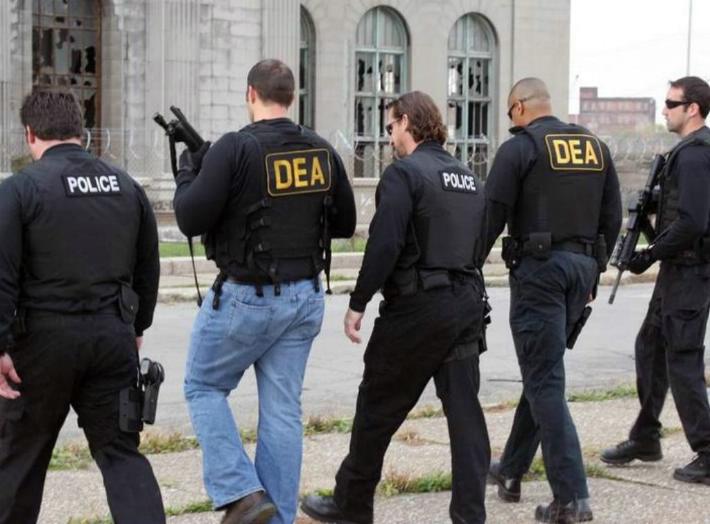
After much anticipation and debate, the Drug Enforcement Administration recently refused to reclassify marijuana – even medical marijuana – from its status as a Schedule I drug. This means the plant – which is currently being prescribed as medicine in 25 states – is seen by the federal government as having “no currently accepted medical use.”
Article by Faisal Ansari
I – along with millions of other medical marijuana (MMJ) patients – beg to differ. When I was suffering from Hodgkin’s lymphoma, MMJ helped me get through endless rounds of chemotherapy, and it even replaced the anti-anxiety and anti-nausea medicines I was prescribed.
The DEA first classified cannabis as a Schedule I drug back in the 1970s, putting it in the same category as dangerous substances like heroin and ecstasy. Believe it or not, life-wrecking drugs like cocaine and methamphetamine currently hold Schedule II status – safer and less addictive than cannabis.
As a result of this harsh classification, nearly all scientific research on marijuana is devoted to studying its negative – not positive – impact. In fact, $1.1 billion of the $1.4 billion spent on cannabis research from 2008 to 2014 was focused on addiction and abuse.
With numbers like that, it’s no wonder that the DEA has yet to find acceptable medicinal uses for the plant – nor is it trying hard to do so.
Changing these draconian drug policies won’t just help those dealing with mental and physical illnesses, nor will it only provide revenue for the cannabis industry. Rescheduling cannabis – and ultimately legalizing it – would play a major role in revitalizing our national economy.
Untapped Revenue Opportunities For Medical Marijuana
For a large portion of our country, marijuana is being purchased illegally at an estimated average yearly trade of around $113 billion. Not only do we lose that revenue, but the costs associated with enforcing current laws in the drug war are constantly increasing.
States that allow recreational use of marijuana, such as Colorado, Oregon, Washington, and Alaska, are already benefiting from industry-generated revenue. Colorado alone collected $53 million in taxes and saw the creation of 26,929 jobs during the first year of legalization.
If you stretched that across all 50 states, the federal government could bring in hundreds of millions of dollars in tax revenue, create upward of 1 million jobs, revitalize several industries, and effectively turn the economy around.
These three particular industries would see a ripple effect of benefits from the reclassification of marijuana:
1. Banking.
Since marijuana is still federally illegal, dispensaries and marijuana-based businesses cannot use banks or credit unions. In fact, nearly half of Colorado’s cannabis businesses lack any type of bank account.
Once marijuana is legalized, however, banks will finally be able to do business with this large group of under-served customers. Deposits and other bank services like loans can be offered, opening a large revenue stream. The ArcView Group estimates that nationwide cannabis cannabis sales hit $5.4 billion in 2015; banks would love to get their hands on that money.
2. Travel.
Marijuana tourism has already started generating revenue in the United States. According to Hotels.com, there was a 73 percent increase in hotel room demand during Denver’s 4/20 festivities in 2014. Seattle saw a similar surge the same year when Washington’s law went into effect. The cannabis industry is now spawning conferences nationwide; there is the Marijuana Business Conference, Cannabis World Congress and Business Expo, BIG Industry Show, Emerald Cup, and the High Times Cannabis Cup.
These events draw tourists and travelers from all over the world, but event organizers often encounter issues obtaining permits even in recreational-legal states. Federal rescheduling could help turn the U.S. into a larger global cannabis tourist destination.
3. Medicine.
Pharmaceutical companies and hospitals are missing a huge opportunity by not being able to legally prescribe and supply medical marijuana. Although official research into the plant’s medicinal benefits is scarce, there’s plenty of evidence to move to clinical trials for treatment of certain medical conditions.
Medical cannabis has the potential to become a $50 billion annual industry that could alleviate more than 40 medical conditions. Until the government lifts its restrictions, that money will remain in the black market.
It’s Time for Change
It’s more than just industry propaganda; the numbers don’t lie. Rescheduling cannabis will save money, generate revenue, and create an even safer America. States with medically legalized marijuana report fewer opiate-based overdoses, and states where recreational marijuana is legal report lower crime and even higher college graduation rates.
If your state has a marijuana-related initiative on the ballot this year, make your voice heard. Show the DEA you disagree with its decision.
Tagged Under: DEA, Just Legalize It, legalization, medical marijuana, Prohibition

